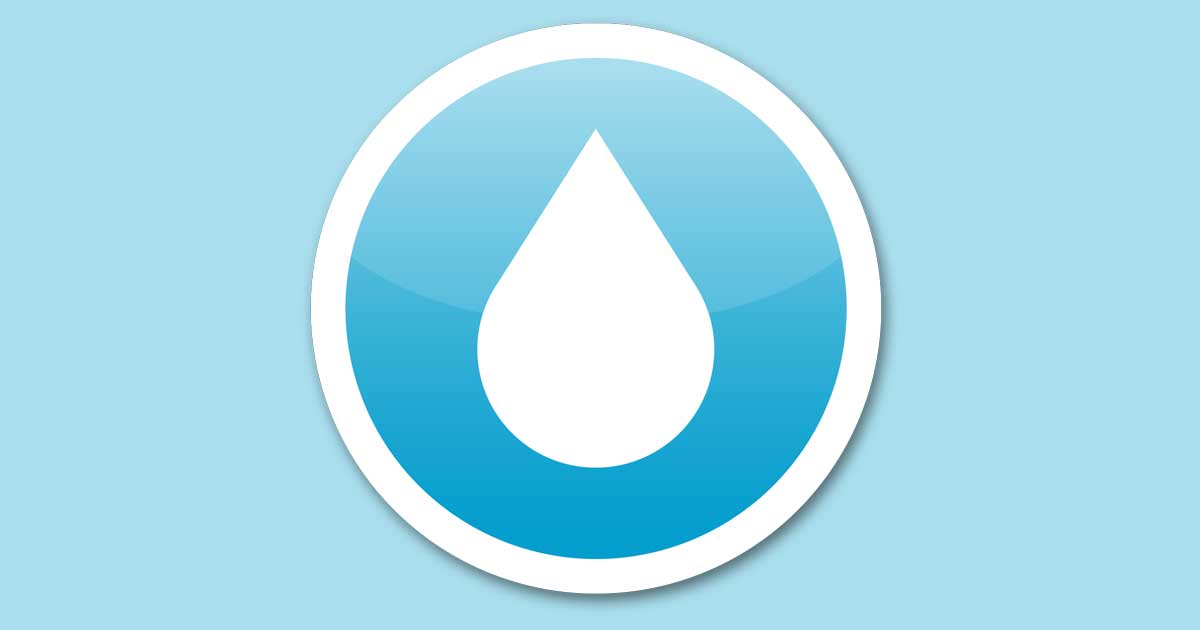Protecting Public Health
Safe and reliable drinking water is vital to every community. Emergency response planning is an essential part of managing a drinking water system. Most public water systems have had routine operating emergencies such as pipe breaks, pump malfunctions, bacteriological contamination, and power outages. These are manageable if the water system has an emergency response plan that can be put into action. More serious non-routine emergencies may result from intentional acts of vandalism, chemical spills, floods, earthquakes, windstorms, or droughts. These can drastically affect the system and the community that depends on it. Each emergency has unique effects on different parts of a water system. Floods can cause widespread bacterial contamination, earthquakes can damage water sources, distribution systems and treatment systems, and storms can disrupt power supplies. The common element is that each emergency may threaten the system’s ability to deliver potable and palatable drinking water. Emergency response planning is a process by which water system managers and staff explore vulnerabilities, make improvements, and establish procedures to follow in an emergency situation. It is also a process that encourages people to form partnerships and get to know one another. Preparing a response plan and practicing it can save lives, prevent illness, enhance system security, minimize property damage, and lessen the overall burden of a catastrophic event and the cost associated to the disaster.
Please click on the document below to review Genelle Improvement District's Emergency Response Plan, Updated July 2025.
